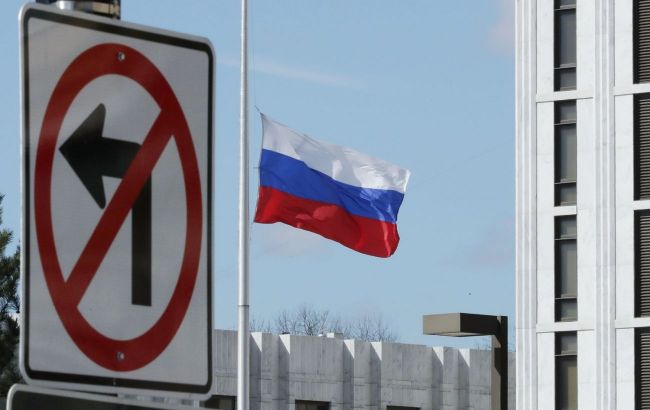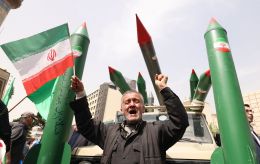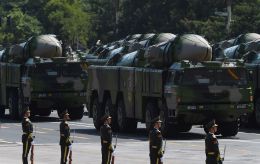EU investing €200 billion of Russian assets to maintain aid to Ukraine - Politico
 Photo: Russian assets will become a permanent source of funding for the Armed Forces of Ukraine (Getty Images)
Photo: Russian assets will become a permanent source of funding for the Armed Forces of Ukraine (Getty Images)
Funds from Russian assets amounting to €18 billion are to be depleted by the end of the year. The new approach will help preserve funding for Ukraine, Politico reports.
The European Commission is considering a plan to transfer nearly €200 billion in frozen Russian state assets in Belgium to a new fund with riskier investments.
The goal is to generate higher returns and support Ukraine's economy, despite threats by US President Donald Trump to cut off funding.
The assets were frozen in 2022 after Russia's full-scale invasion of Ukraine. At the same time, the European Union does not want to confiscate them completely. This is due to financial and legal risks, as already pointed out by countries such as Germany and Italy.
How to ensure operations' legality
The EU wants to spend only the income from investments, leaving the principal untouched to avoid accusations of violating international law. Last year, the G7 agreed to send €45 billion to Ukraine from the investment of frozen assets.
The EU's share of this aid was €18 billion, to be paid out by the end of the year. This calls into question the source of funding for Ukraine in 2026.
Discussions at finance ministers level
Finance ministers from the 27 EU countries will begin discussing these issues at an informal dinner in Luxembourg. Poland, which holds the EU Council presidency, is asking the European Commission to present available options and consider the use of frozen assets.
In addition, Poland has proposed using the new SAFE external defense financing scheme to purchase weapons for Ukraine.
Connection with sanctions and Hungary's role
The creation of the fund will strengthen financial support for Ukraine and reduce the risk of Hungary blocking sanctions. Assets are blocked by the EU sanctions regime, which must be renewed every six months. Hungarian Prime Minister Orbán is threatening to use his veto as a gesture of goodwill towards the Kremlin.
The European Commission has consulted with France, Germany, Italy, and Estonia, but has not yet found a way to keep the assets frozen without a unanimous decision.
EU financial restrictions
To create a new investment fund, the EU plans to use a simple majority vote, which will bypass Hungary's veto. However, critics warn that if the investments prove unprofitable, the costs will fall on taxpayers.
Currently, the EU's central budget of €1.2 trillion is overloaded, and the new budget framework will not come into force until 2028. At the same time, a significant part of the €50 billion allocated to help Ukraine has already been spent, and it is difficult to replenish the budget without unanimous approval, which Hungary will not give.
The amount of frozen Russian assets in the Euroclear depository (Belgium) is €183 billion.
As French President Emmanuel Macron said, the EU cannot confiscate the frozen assets of the Russian Federation due to the lack of a legal basis.

